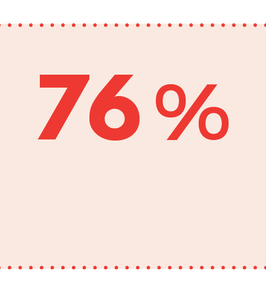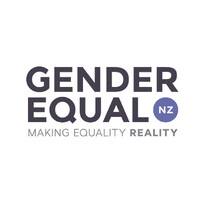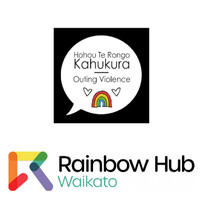Sustainable Development Goals 5
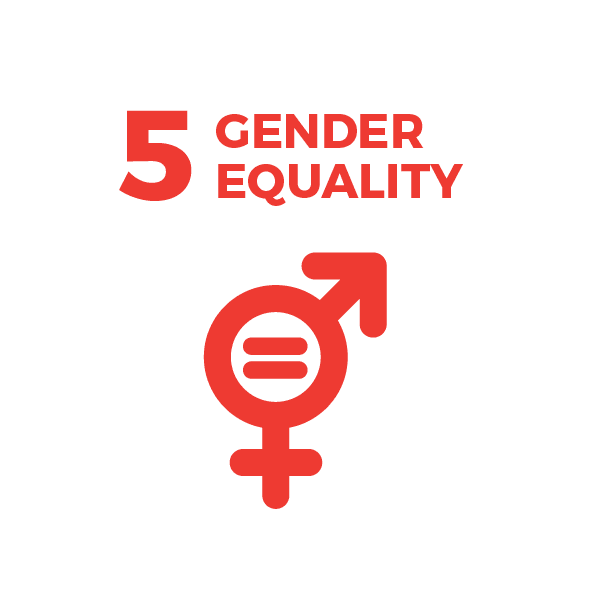
WWP TARGET:
We currently do not have targets for this SDGs. The headline global target for SDG 5 is to “end all forms of discrimination against all women and girls everywhere”.
The SDG framework does not explicitly refer to equality and equity for other key communities including Takutāpui, Rainbow peoples and elders. Some data from Uplifting Takutāpui and Rainbow Elder Voices, 2023 has been noted below, and a link to the full report is below.
The world is not on track to achieve gender equality by 2030, affected by COVID-19. At the current rate of progress, it will take up to 286 years to close gaps in leg al protection and remove discriminatory laws, 140 years for women to be represented equally in positions of power and leadership in the workplace, and 47 years to achieve equal representation in national parliaments.
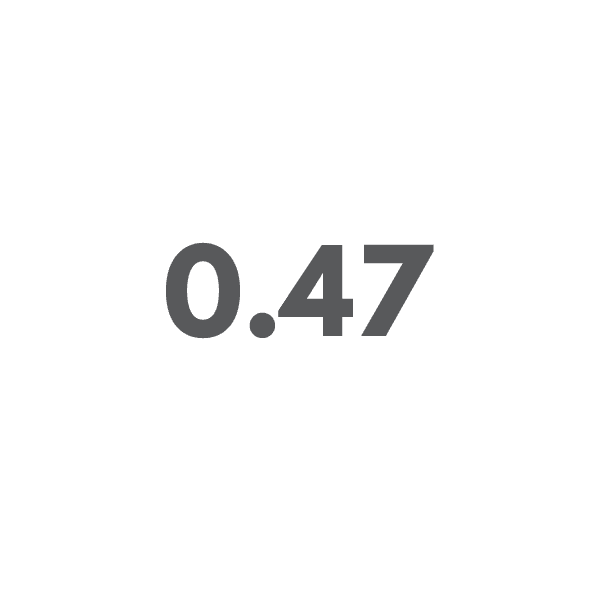
World gender inequality index in 2021 - reduction of 20% from 1990

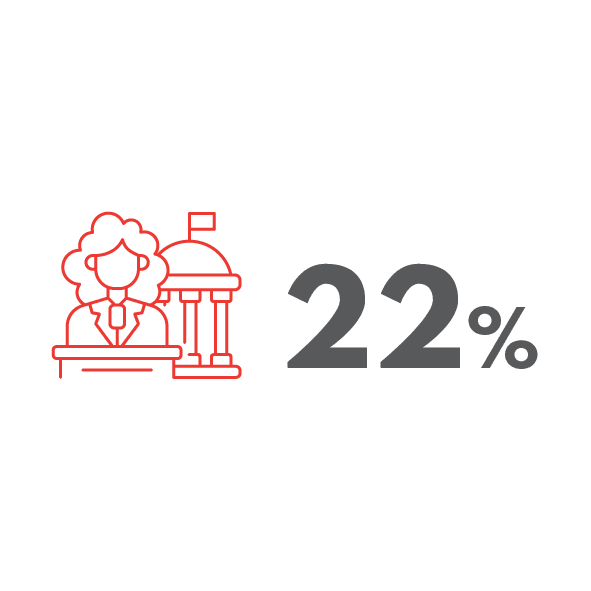
Women in government ministerial equivalent positions, 2020, 2005 = 14.2%
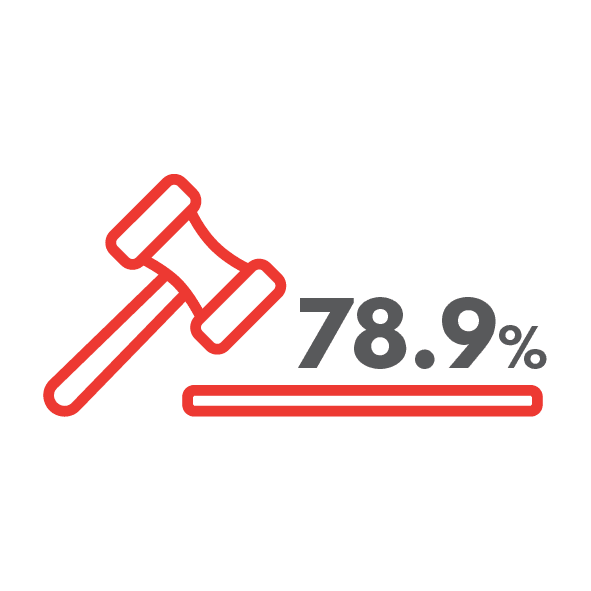
Percentage of legal frameworks which address gender overall equality (2020)
Increase from 69.15 (2018)
New Zealand’s gender inequality index is far lower than the global average and has fallen significantly in the past 60 years. Woman are better represented in the New Zealand parliament that the global average, and most have access to sexual and reproductive health services. A high percentage of Takutāpui and Rainbow elders have experienced discrimination due to their sexuality.
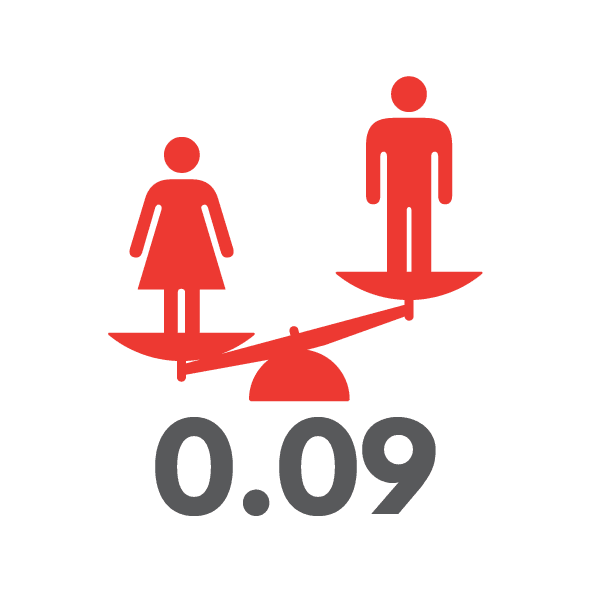
New Zealand gender inequality index in 2021 - reduction of 63% from 1990

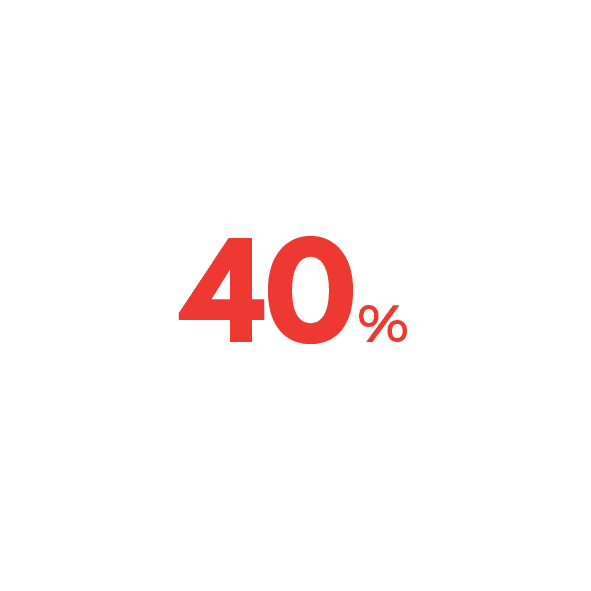
Women in central government ministerial positions, 2020
2005 = 23.1%

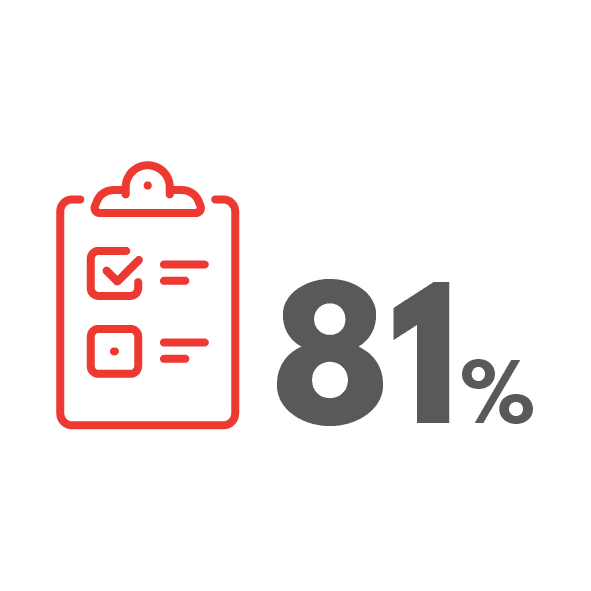
of NZ survey respondents agreed that gender equality is a fundamental right
(79% in 2019)
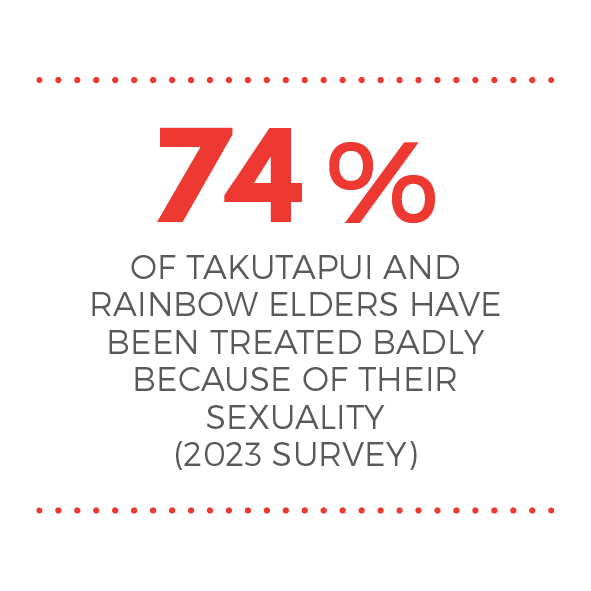
Weekly median income gender differences in the Waikato have fallen by 42% since 1998, which is better than the NZ average of 36%. The level of political representation in the Waikato is similar to that for central government, though it ranges at the district level between 27% and 64%.

Difference between median weekly incomes of females versus males in the Waikato in 2022, -40% in 1998
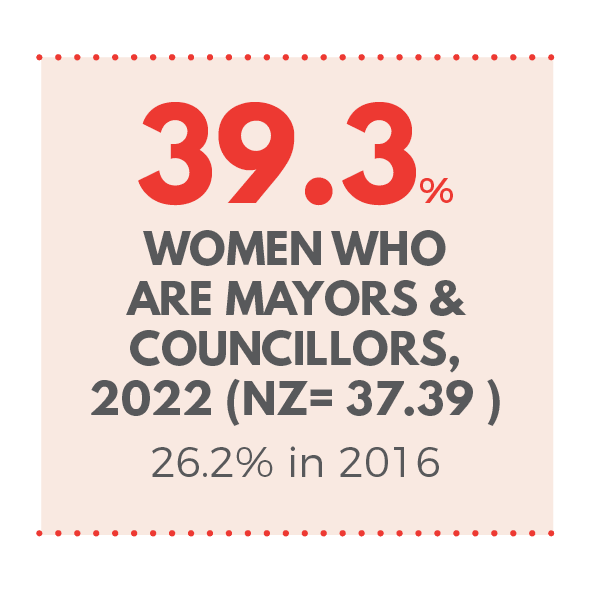
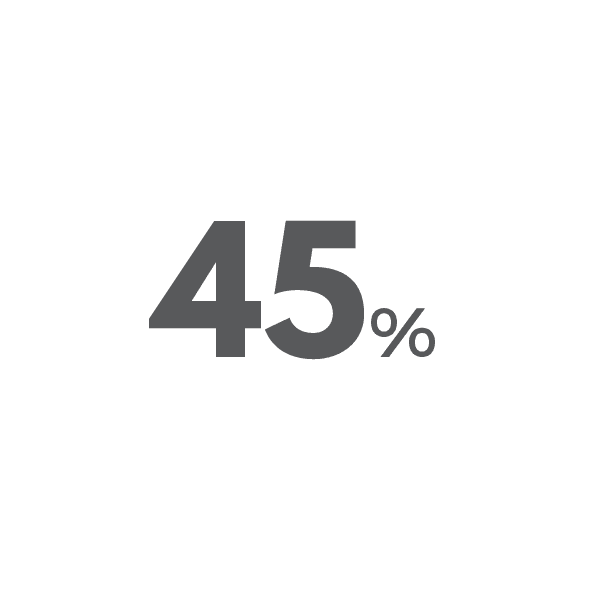
Female applicants to University of Waikato receiving unconditional offers
in 2021
Male applicants = 28%

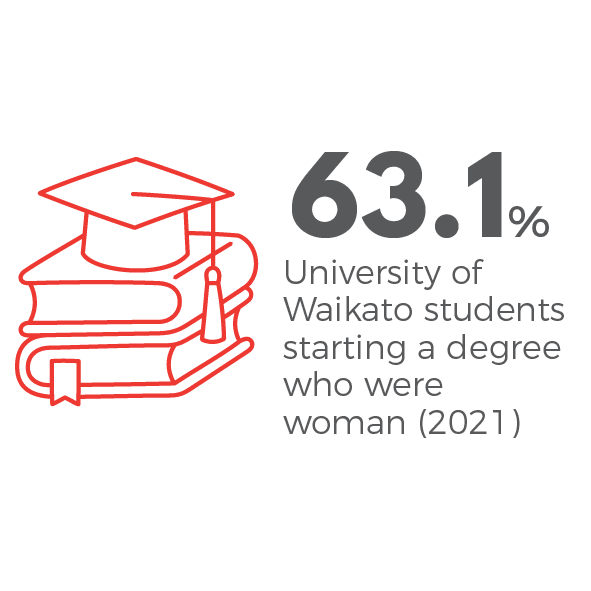
GENERAL EQUALITY INDICATORS
Tell me more about this
i. An adequate description of the dataset
The Gender Attitudes Survey 2023 updates the bi-annual Gender Attitudes Survey, first completed in 2017 (i.e., the baseline survey).
The survey seeks to answer and track three key questions from the perspective of the general public of Aotearoa New Zealand:
How well are we doing in terms of achieving gender equality in Aotearoa New Zealand?
Do New Zealanders have particular opinions about the genders?
What are New Zealanders’ opinions about gender and sexual diversity?
As such, the Gender Attitudes Survey 2023 had the following objectives:
Update and compare the current results with those of the earlier surveys (completed in 2017, 2019 and 2021).
Identify any new emerging trends.
Identify any key differences by gender, age and ethnicity.
ii. The source(s) of information
Gender Equal NZ
https://genderequal.nz/wp-content/uploads/2023/09/NCWNZ_Gender-Attitudes-23-Final-Report_29-08-23.pdf
iii. The date when the data was collected and the expected update frequency
2023
Bi-annual
iv. Any use or publication restrictions, including cultural restrictions
None
v. A contact person or organisation
Emanuel Kalafatelis
Managing Partner, Research NZ
Emanuel.Kalafatelis@researchnz.com
vi. Any quality/data health warnings
No
Tell me more about this
i. An adequate description of the dataset
This project heard from:
424 Takatāpui and Rainbow elders via online survey
17 Māori, Pasifika and ethnic people via six focus groups
11 Takatāpui and Rainbow elders via in person interviews
These voices are shared in a report, three factsheets, and sixteen podcasts. Recommendations focus on central and local government, services for older people, family and whanāu, and Takatāpui and Rainbow community groups.
ii. The source(s) of information
YWCA:
Hohou Te Rongo Kakukura and Rainbow Hub Waikato:
Uplifting Takatāpui and Rainbow Elder Voices | Hohou Te Rongo Kahukura
iii. The date when the data was collected and the expected update frequency
2023
iv. Any use or publication restrictions, including cultural restrictions
None
v. A contact person or organisation
lovingrainbowlove@gmail.com
vi. Any quality/data health warnings
No
Tell me more about this
i. An adequate description of the dataset
This report looks into what life is like for young women living in Aotearoa New Zealand today, topic by topic. Using an explicitly feminist and intersectional lens, the authors aimed to highlight the top issues affecting young women in Aotearoa New Zealand within that particular topic and offer key interventions and solutions that can be done on an organisational and an individual level.
ii. The source(s) of information
YWCA:
https://www.ywca.org.nz/media/1661/ywca_her_story_report.pdf
iii. The date when the data was collected and the expected update frequency
2017
iv. Any use or publication restrictions, including cultural restrictions
None
v. A contact person or organisation
hostel@ywcahamilton.org.nz
vi. Any quality/data health warnings
No
